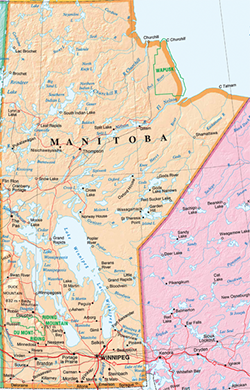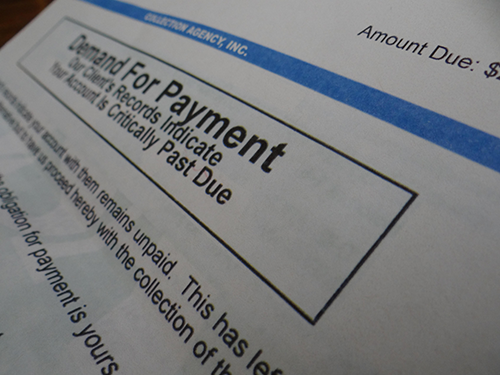Canadians are taking on more and more debt. The latest statistics show that, excluding their mortgage, the average adult living in Canada has more than $20,000 of debt hanging over his or her head.
This huge figure is the result of a recently surging economy, which builds confidence among borrowers about their ability to pay back their debt, and record low interest rates, which means that the cost of borrowing those dollars might seem lower than the average.
 At Creditaid, we see this as a huge problem. The Canadian economy has slowed, especially in Western Canada, where a recent softening of the market for petroleum products has impacted the oil industry and its core of support businesses.
At Creditaid, we see this as a huge problem. The Canadian economy has slowed, especially in Western Canada, where a recent softening of the market for petroleum products has impacted the oil industry and its core of support businesses.
There are a lot of reasons people wind up with debt, and not all of them are irresponsibility. An unforeseen job loss, a sudden expense, or a family member in need can start the slide, and the banks and credit card companies will let you spiral further and further into debt from there, as that helps them maximize their profits.
At Creditaid, we help people get a handle on their debt. We can tell you how to start to climb out of your debt situation, and offer services like debt consolidation when they’re appropriate. We’re credit professionals who are, for once, on your side in your battle against debt.
To have your questions about credit counselling, debt management, and debt consolidation answered, contact Creditaid online or by telephone at (204) 987-6890. We can help you no matter where you live in Manitoba. Our area of service includes but is not limited to Winnipeg, Brandon, Steinbach, Winkler, Stonewall, and Selkirk.



